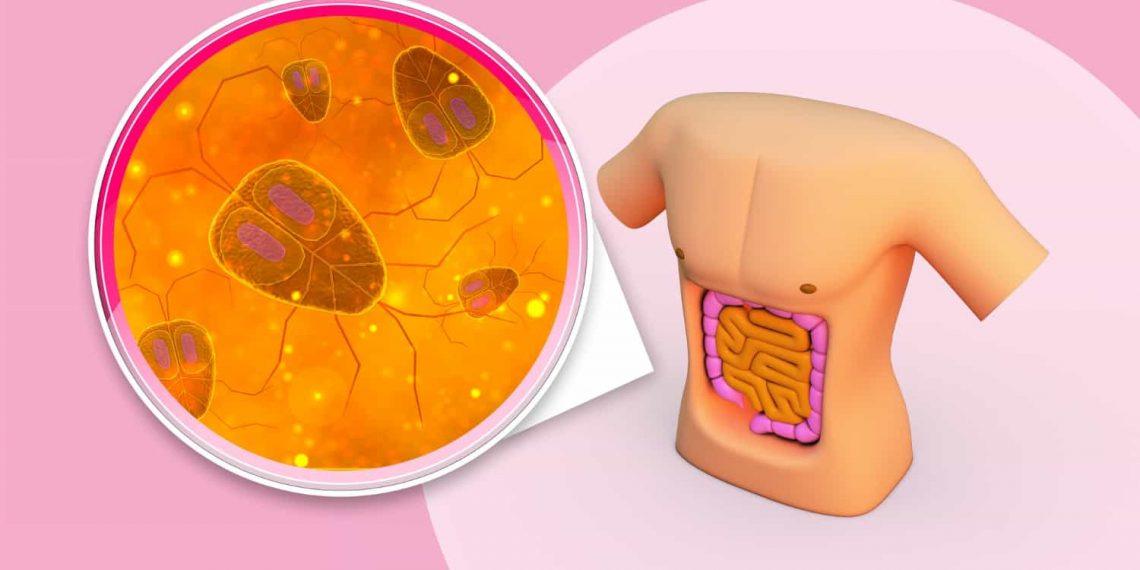Does your gut feel like it’s throwing a tantrum every day?
Irritable Bowel Syndrome (IBS) isn’t just an inconvenience—it’s an uninvited house guest that overstays its welcome, turns your meals into minefields, and leaves you wondering if your own body has turned against you. But here’s the twist: what if the very thing that’s been causing you grief could be soothed not with harsh medications, but with something natural, gentle, and already living inside you?
That’s where probiotics for irritable bowel syndrome step into the spotlight.
IBS affects roughly 10-15% of the global population, and yet, it remains one of the most misunderstood digestive disorders. While there’s no one-size-fits-all cure, mounting evidence—and countless grateful guts—point to probiotics as a gentle, effective tool to relieve symptoms and restore balance.
So let’s break it down. Here are 7 gut-loving ways probiotics offer natural relief from irritable bowel syndrome, without turning your life into a prescription schedule.
Contents
- 1. They Restore Balance to a Misbehaving Microbiome
- 2. Probiotics Calm the Inflammation That Fuels IBS
- 3. They Improve Bowel Regularity (Yes, Even Yours)
- 4. They Reduce Gas and Bloating (So You Can Zip Your Jeans Again)
- 5. They Strengthen the Gut Barrier—Your Body’s First Line of Defense
- 6. They May Help Manage IBS-Related Anxiety
- 7. They’re a Safe, Gentle Option with Minimal Side Effects
- How to Choose the Right Probiotic for IBS Relief
- Real-Life Gut Transformations
- The Bottom Line
- FAQs
1. They Restore Balance to a Misbehaving Microbiome
Your gut is home to trillions of bacteria—good, bad, and everything in between.
In people with IBS, the balance of this gut flora often goes haywire. You may have too few of the helpful bacteria or too many of the wrong kind. That imbalance can lead to bloating, gas, cramping, diarrhea, and constipation.
Probiotics help reseed the gut with beneficial strains, crowding out harmful microbes and promoting a more peaceful internal ecosystem.
Key strains to watch for:
-
Bifidobacterium infantis (shown to reduce bloating and discomfort)
-
Lactobacillus plantarum (helps stabilize the gut barrier)
-
Saccharomyces boulardii (a yeast probiotic especially helpful for diarrhea)
2. Probiotics Calm the Inflammation That Fuels IBS
Let’s get real. IBS is an inflammation issue at its core—especially in the gut lining.
Studies show that certain probiotics reduce pro-inflammatory cytokines (those little chemical messengers that stir up trouble) and enhance anti-inflammatory responses.
This helps soothe irritated intestinal tissues, allowing your gut to repair and function more normally.
Think of it as sending in peacekeepers to a war-torn zone—only these ones are microscopic and come in capsule form.
3. They Improve Bowel Regularity (Yes, Even Yours)
If you swing between can’t-go constipation and can’t-stop diarrhea, probiotics could be your gentle guide to regularity.
Certain strains act like traffic cops for your gut:
-
Slowing things down when needed
-
Speeding things up when stuck
One 2020 study found that daily use of a multi-strain probiotic led to a significant improvement in stool consistency and frequency in IBS patients over just four weeks.
4. They Reduce Gas and Bloating (So You Can Zip Your Jeans Again)
Let’s talk about the elephant in the room—or rather, the balloon in your belly.
Gas and bloating are among the most frustrating IBS symptoms, both physically and emotionally. You’re not just uncomfortable—you feel self-conscious, too.
Probiotics help by:
-
Breaking down food more efficiently
-
Outcompeting gas-producing bacteria
-
Reducing fermentation in the colon
Translation? Less bloat, more comfort, and maybe even your waistline back.
5. They Strengthen the Gut Barrier—Your Body’s First Line of Defense
IBS is often linked to a condition called leaky gut, where the lining of your intestines becomes more permeable than it should be. This allows toxins, bacteria, and partially digested food to seep into the bloodstream—triggering inflammation and immune responses.
Probiotics support gut wall integrity by:
-
Stimulating mucus production
-
Tightening junctions between intestinal cells
-
Inhibiting pathogens that try to breach the barrier
This means fewer flare-ups and a stronger foundation for long-term gut health.
6. They May Help Manage IBS-Related Anxiety
Here’s the plot twist most folks don’t see coming: Your gut and your brain are in constant conversation.
This gut-brain axis explains why stress and anxiety can wreak havoc on digestion—and vice versa.
Some probiotics, called psychobiotics, have shown promise in:
-
Reducing cortisol levels
-
Improving mood
-
Easing anxiety in people with IBS
You’re not imagining it: calming your gut may truly calm your mind.
7. They’re a Safe, Gentle Option with Minimal Side Effects
Unlike pharmaceuticals that may come with laundry lists of side effects, probiotics are generally safe—especially when taken as directed.
For many, this makes them an ideal long-term strategy for IBS management, especially when paired with a supportive diet and stress-reducing practices.
Pro Tip:
Always choose clinically backed strains and ensure your probiotic has at least 10 billion CFUs (colony-forming units) per serving for effectiveness.
How to Choose the Right Probiotic for IBS Relief
Not all probiotics are created equal. Here’s how to make sure you’re getting the good stuff:
-
Strain-specific formulas: Look for blends targeted for IBS (containing B. infantis, L. acidophilus, etc.)
-
High CFU count: Aim for 10–50 billion per dose
-
Refrigerated or shelf-stable: Depends on your lifestyle, but make sure they’re properly stored
-
Clinically studied: Choose brands that invest in peer-reviewed research
Real-Life Gut Transformations
Take Jenny, a 34-year-old graphic designer with IBS-D (the diarrhea-dominant type). She struggled with daily urgency, bloating, and the dreaded “where’s-the-nearest-bathroom?” anxiety.
Within six weeks of incorporating a high-quality probiotic with Bifidobacterium infantis and Saccharomyces boulardii, she noticed:
-
Less urgency
-
More predictable digestion
-
And best of all—freedom to enjoy meals again
She’s not a rare case. Thousands report similar results. And no, it’s not just placebo—science backs it.
The Bottom Line
Probiotics for irritable bowel syndrome aren’t a magic pill. But for many, they’re the gentle nudge their gut needs to find peace again.
To recap:
-
Probiotics help restore gut balance
-
They soothe inflammation and improve stool regularity
-
They reduce bloating, gas, and gut permeability
-
They even support mental well-being in IBS sufferers
When used consistently—and chosen wisely—they can be a game-changer in your IBS management toolkit.
FAQs
How long before I notice results from probiotics for irritable bowel syndrome?
Most people notice improvements in 2–6 weeks, but consistency is key.
Can probiotics make IBS worse at first?
Some may experience minor bloating or changes in bowel movements initially. This usually passes within a week.
Do I need to take probiotics forever?
Not necessarily. Some use them short-term to reset the gut, while others benefit from ongoing use.
Are there foods that naturally contain probiotics?
Yes—try yogurt, kefir, sauerkraut, kimchi, and miso. But supplements offer more targeted strains and higher doses.
Here’s to a happier belly and a life unruled by bathroom breaks.
Get Your FREE Natural Health Guide!
Subscribe now and receive our exclusive ebook packed with natural health tips, practical wellness advice, and easy lifestyle changes — delivered straight to your inbox.














